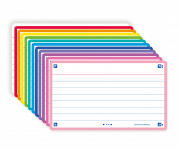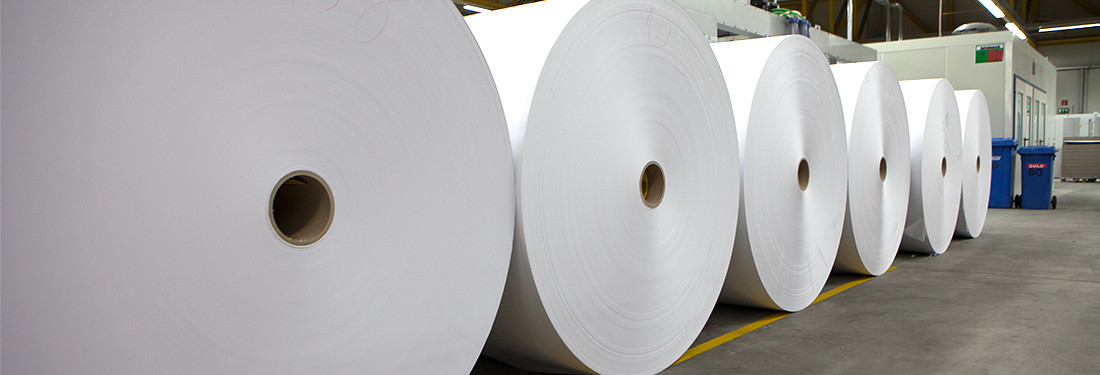
SUSTAINABILITY
OUR MISSION
We want to offer all school pupils, university students and business professionals the most innovative tools and we guarantee that we constantly strive to minimise the impact of our products on the environment.
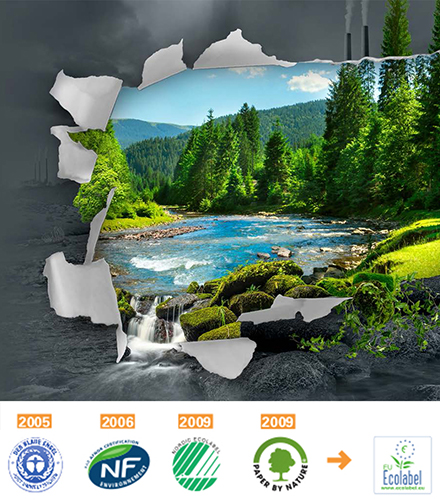
By working together, we protect not only the forest, but also its surroundings.
At Oxford, we give you an environmental guarantee. As a stationery company, we are committed to using paper from 100% sustainably managed forests and responsible FSC® or PEFCTM certified or recycled sources.
• The first brand in Europe to be certified with the European Ecolabel
In 2014, Oxford became the first stationery brand in France and Europe to be granted the official European Ecolabel. It guarantees a reduction in environmental impact throughout the product's life cycle, i.e. from sustainable forest management to the end of the product's life after use.
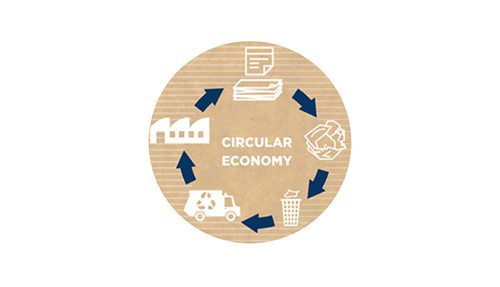
We fight against resource waste
At Oxford, we follow circular economy principles by taking care to audit the management of renewable resources and by manufacturing recyclable products to reduce waste. For example:
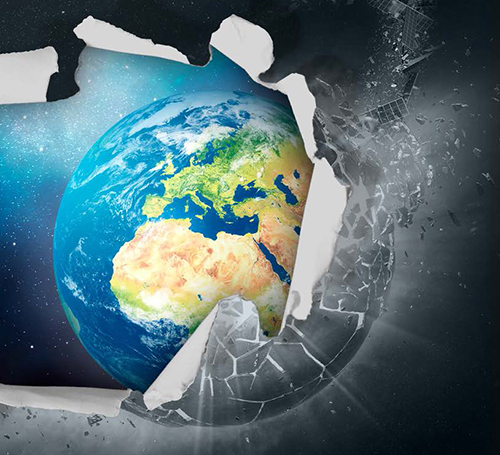
Recycling our products gives them a second life!
Finally, we promote a second life for our products. For example:

We do not use toxic products
• We replace toxic chemicals in our inks, coatings and adhesives.
• All our plastics are guaranteed to be free of hazardous substances as defined by the European REACH regulation. Furthermore, we refuse to use certain dangerous phthalates and heavy metals in our products.
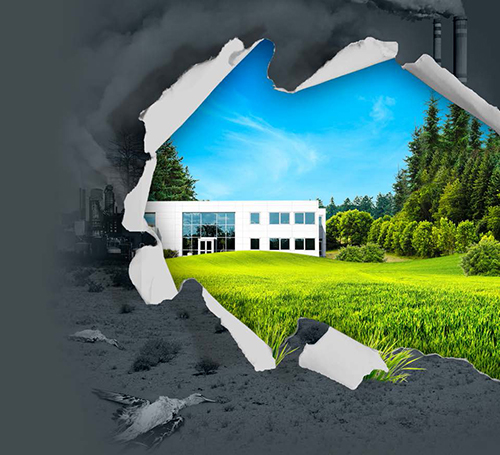
We help to reduce our carbon footprint
The Life Cycle Assessment* of an Oxford notebook shows that 80% of the CO2 emissions come from the manufacturing of the writing paper.
These CO2 emissions have been reduced by using the best technical solutions available today
The European Ecolabel's stringent criteria ensure this reduction in greenhouse gases. This is why Oxford uses European Ecolabel certified paper.
* Data calculated in 2012 based on a study conducted by Hamelin and supported by PWC
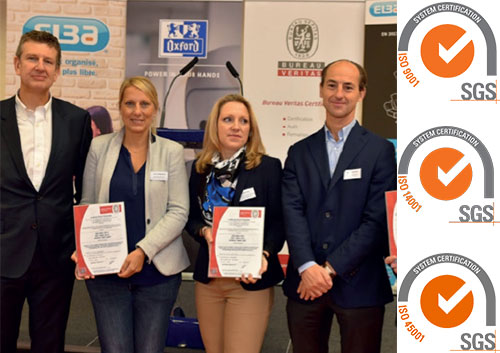
Our continuous improvement in performance is certified
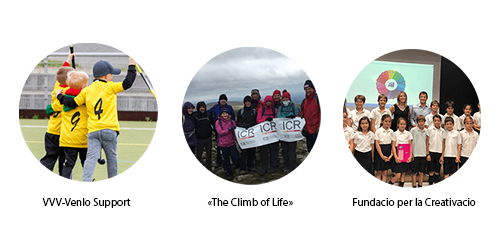
Our social responsibility

